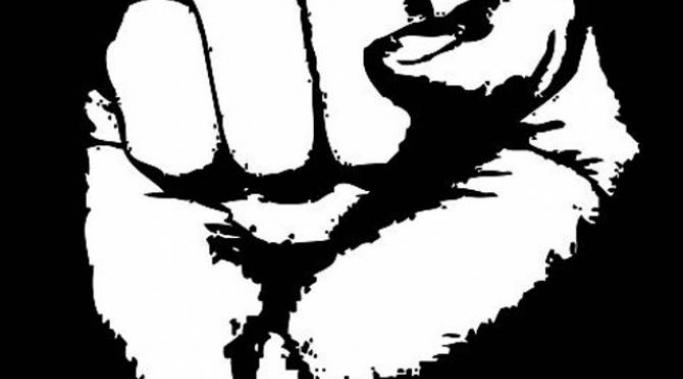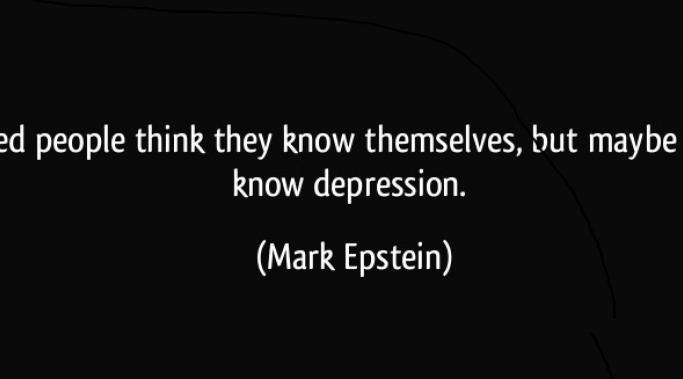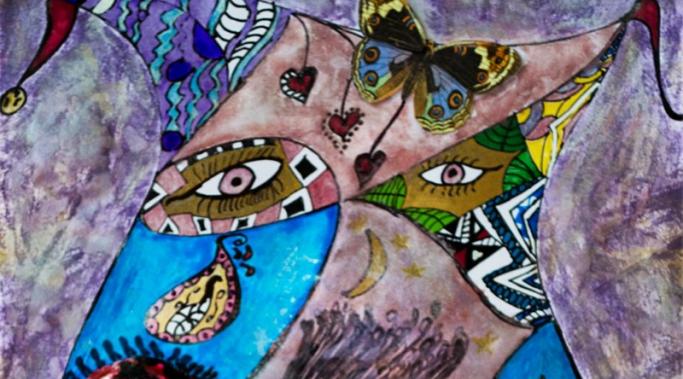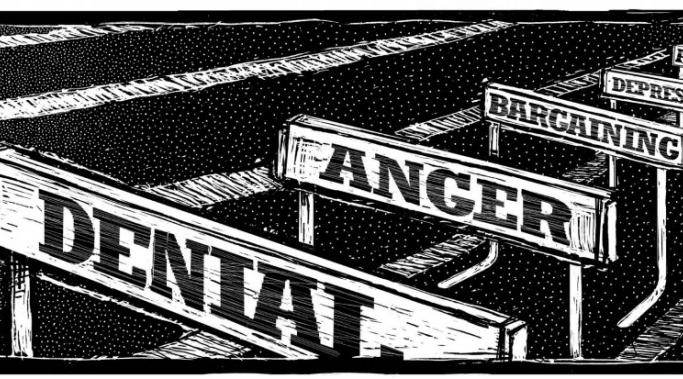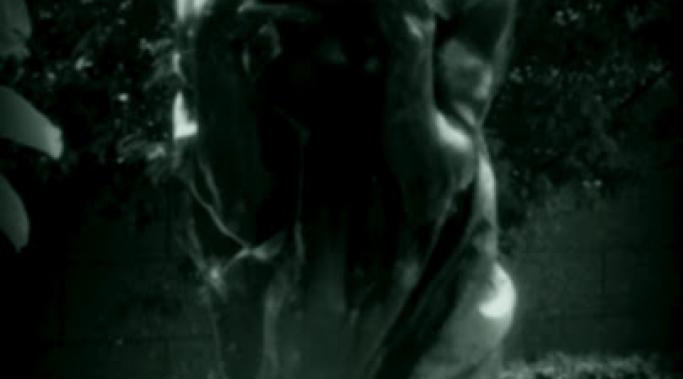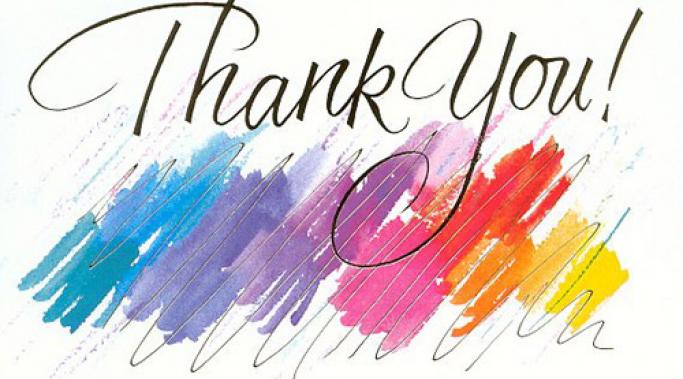We know that adjectives are descriptive. We welcome adjectives and what they have the power to do: paint a mental picture, create an emotional response, fill in the blanks when an explanation is needed and so much more. What about when a normally positive adjective is used to describe us? When can an adjective intended to be a positive become a negative and a label instead? Allow me to explain:
Recovering from Mental Illness
There are four-letter words and then there are four-letter words. What four-letter word comes to mind when I say mental illness? Pain, fear, meds or perhaps a few salty words? What about hope? Does hope enter the conversation?
In this age of awareness and enlightenment, mental health awareness still generates a great deal of ignorance. Sometimes, even well-meaning statements perpetuate stigma, even on sites that seek to eradicate said stigma. Recently, the poster below came across my news feed from several mental health and depression pages. The depression quote is attributed to Mark Epstein, an American psychologist. While Mr. Epstein's credentials seemingly qualify him to speak knowledgeably on the subject, I do strenuously disagree with this quote's assertion.
Journaling for self-care eases the distress inherent in mental illness along with the stress of mental health stigma and maintaining the delicate balance of medication, therapy and building a positive support system. Blessings come from learning passionate self-care and finding expressive outlets for the sometimes overwhelming emotions and triggers. Journaling as a kind of self-care is easy, fun, unique and, above all, journaling is beneficial to your mental health.
Today, we are continuing our discussion of grief and its effects on those with
mental health diagnoses.
Grief Reveals Itself Layer By Layer
Elisabeth Kübler-Ross described grief as five individual stages. The order in which an individual progresses through the stages of grief may not be sequential and more than one stage may be experienced at a given time. (http://www.helpguide.org/mental/grief_loss.htm)
Stages of Grief:
Denial: “This can’t be happening to me.”
Anger: “Why is this happening? Who is to blame?”
Bargaining: “Make this not happen, and in return I will ____.”
Depression: “I’m too sad to do anything.”
Acceptance: “I’m at peace with what happened.”
Can adding mantras to your self-care routine help with your mental health recovery? For many, the answer is yes. Mantras help us change our thought processes. Changing our thoughts gives us the ability to become more resilient, to change the way our brain neurons fire and to choose to move forward. Science agrees. In a 2009 study, Italian physicians studied the effect on the cardiovascular system of reciting the Ave Maria, the rosary or a yogic mantra. The result: Prayer and mantras increased cardiovascular function when recited six times a minute.1
Grief is a curious thing; especially when the mourner has a mental illness. My mother died a month ago today from a combination of COPD, heart failure, diabetes, brain and bone cancer. Her breast cancer had metastasized to every organ in her body. I found out via my aunt 5 days after her death. I wish that I could say that I was surprised, but my mother had chosen a hard life for years. The surprise was how quickly she died after the brain cancer diagnosis. She was diagnosed in May and given a year to live; she was dead in less than 3 months. My mother and I had what could best be described as an awkward relationship: abandonment as an infant, a lengthy court battle before my grandparents got guardianship and very limited contact throughout my life.
My goal for the Recovering from Mental Illness blog will be to discuss resilience, offer encouragement and share coping techniques I've found helpful in my own mental health recovery. I will also share my mental health challenges so that we can learn from one another.
I am Paulissa Kipp, creative braveheart, author, photographer, intuitive sage, artist, seeker of light, singer of songs and connection creator - one truth at a time. Law student and fierce advocate for the often overlooked.
Amidst this strength is something that most people don't see - not because I hide it - but rather because it lurks in the shadows. I am affected by mental illness - PTSD, Panic Disorder and Bipolar II are my traveling partners. While I fly like the Phoenix, I am also aware that the Phoenix needs to rest in order to rise from the ashes.
I started writing this blog exactly two years ago--August, 2011. It was a time in my life largely defined by change: the end of long-term relationship, a new home in a new location, a memoir being published about mental health and addiction; I was sober after years of drug and alcohol abuse. I was more fragile then than I am now--a little more frightened of the world. Writing this blog--sharing my experiences and you sharing yours-- made my life a little easier. I felt less alone.
I have moved four times within the past two years. I have struggled to stay sober and repair relationships and practice the self-care I preach in these blogs. Change is difficult, particularly when you live with a chronic mental illness, but this blog remained stable. It was one of things I could count on when life seemed to get crazy as it invariably did.
I learned more about myself by writing this blog---more about recovering from mental illness--then I have living with it since I was diagnosed at the age of twelve. I also learned more about others. I owe much of this to the wonderful people that have read this blog, who have shared their experiences and made us all feel less alone, and also to healthyplace.com for providing me with the opportunity to delve into issues that are important.
